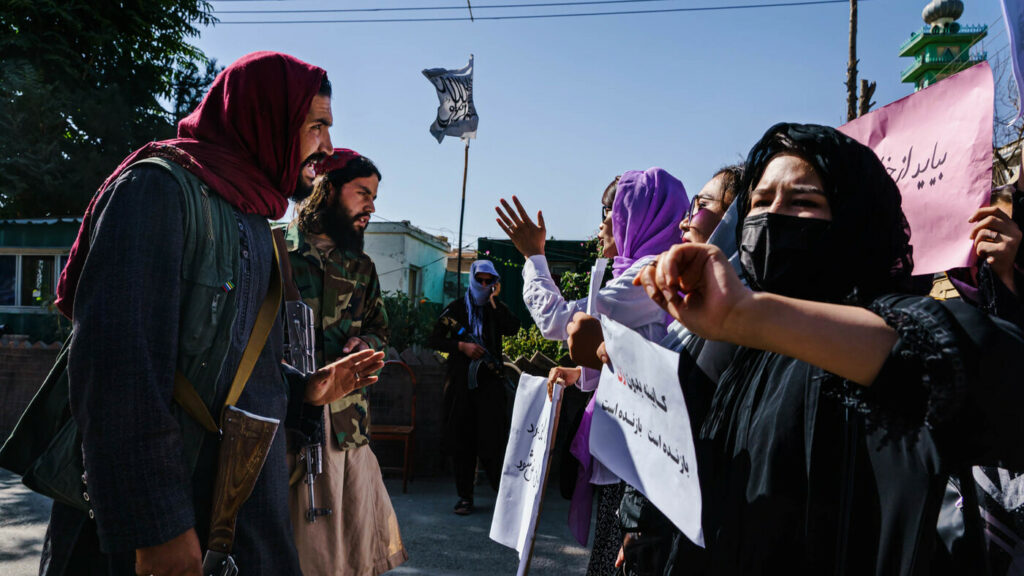The ICC’s action reflects mounting international pressure on the Taliban, whose sweeping restrictions on women have drawn widespread condemnation. Legal experts say the warrants send a strong message that gender-based persecution will not go unpunished, even amid ongoing global crises.

In a landmark development, the International Criminal Court (ICC) has issued arrest warrants for Taliban Supreme Leader Haibatullah Akhundzada and Afghanistan’s top judge, Abdul Hakim Haqqani, over alleged crimes against humanity related to the severe repression of women and girls in the country.
The United Nations and numerous governments had condemned the Taliban for imposing the world’s most severe restrictions on women’s and girls’ rights. Now in a new development, the ICC announced that there were “reasonable grounds to believe” the Taliban’s supreme leader, Haibatullah Akhundzada, and Afghanistan’s chief justice, Abdul Hakim Haqqani, had ordered policies that deprived women and girls of “education, privacy and family life and the freedoms of movement, expression, thought, conscience and religion”.
Gender Apartheid
Since reclaiming control, the Taliban have imposed sweeping restrictions on women’s rights, barring them from most paid employment and prohibiting girls from attending secondary school. A series of decrees has further excluded women from public spaces, including parks, and even limited their ability to speak publicly.
No country has formally recognized the Taliban government. Even countries that previously engaged with the Taliban, such as Qatar and China, have lobbied for an easing of restrictions, particularly those affecting women and humanitarian access.
Positive Development but Needs Support from ICC Member Countries
The decision marks the first time the court has taken action against senior Taliban figures since their return to power in 2021. According to the Guardian, human rights organisations welcomed the move as a crucial step toward accountability for the regime’s systematic rollback of women’s rights, including bans on education, employment, and freedom of movement.
“The international crimes committed in Afghanistan are vast, but a broad approach to accountability is needed to break cycles of impunity that have led to more abuses,” Humans Rights Watch noted. They underlined: “ICC member countries should ensure the court has the backing and practical assistance it needs to expand its Afghanistan investigations.”

